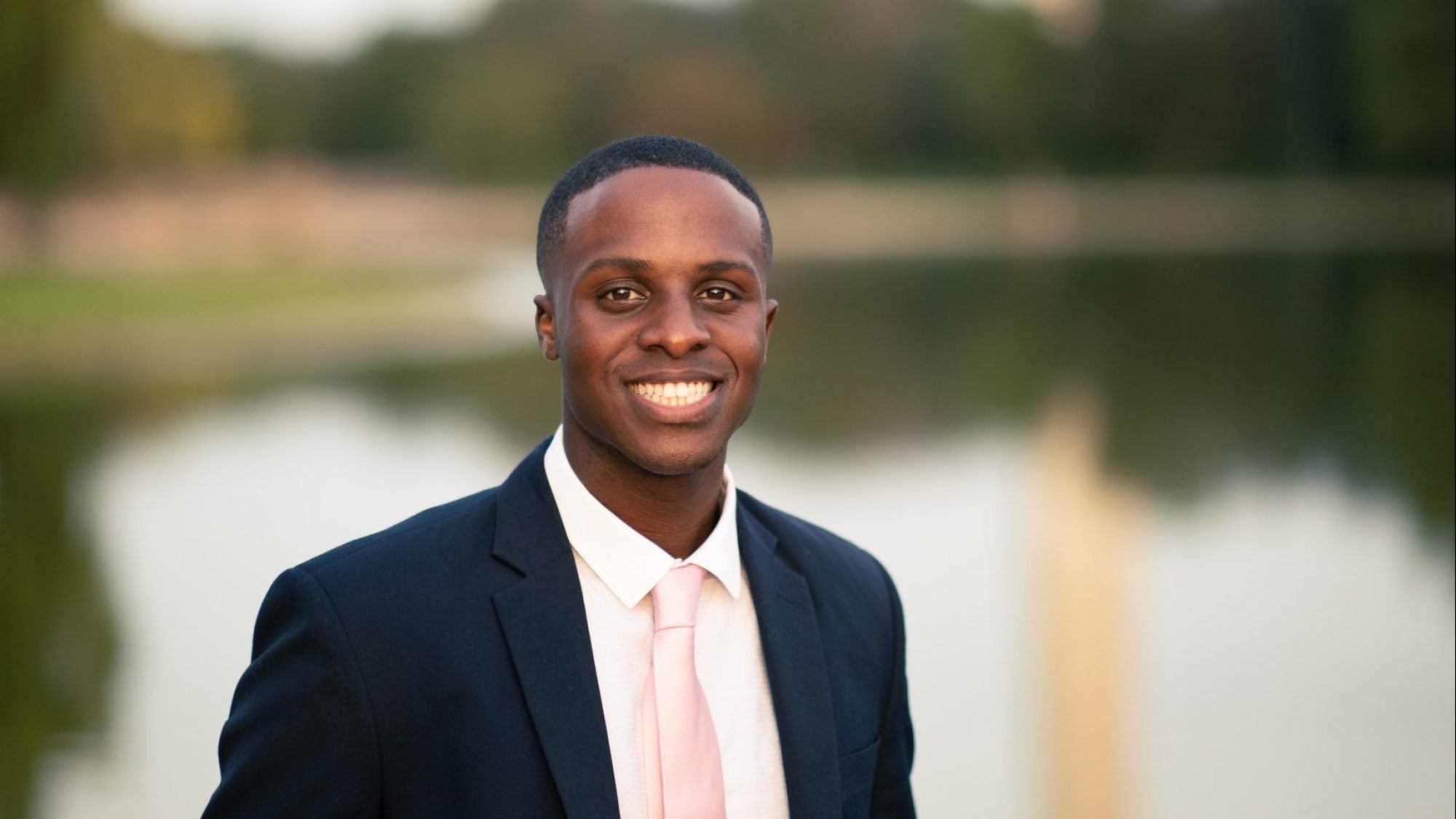Why did you choose MSFS?
In an increasingly globalized and diverse world, solving society’s most complex problems requires not only having the practical skills needed to address them, but also a nuanced understanding of the intersection of culture, law, politics, and economics—I chose MSFS because of the ability to take courses across various programs within and outside of the School of Foreign Service as well as the program’s emphasis on bridging theory and practice.
What is the focus of your coursework at MSFS? How have your internship experiences enhanced your academic work?
At MSFS, my academic goals have been twofold. First, to increase my understanding of the roles that identity (ethnicity, race, nationality, religion), systems of stratification, and cultural stigmatizations have played in impeding the social and economic mobility of marginalized and disenfranchised groups throughout the world. Secondly, to determine how multicultural societies can best strengthen and develop more inclusive and responsive institutions, civil societies, and economies.
Since being at MSFS, I have selected internships that have allowed me to bridge my academic goals with practical work experience—in the fall and spring semesters, I interned at the World Bank working on a Public Sector Reform project. This past summer I interned for a social enterprise focused on rural inclusive finance in Uganda and also worked at the Millennium Challenge Corporation on an economic development project based in Morocco.
What course or experience has been a highlight of your time at Georgetown and why?
Globalization of Inter-societal Relations and Law in Multicultural Societies have been the two most impactful courses that I have taken at Georgetown. I learned that many contemporary inequalities throughout the world stem from the historical devaluation of race, gender, and class identities, and deeply entrenched social stratification systems—redressing these disparities requires contextualized solutions that address both cultural and economic injustices.
What are your career goals after graduation?
In the years following graduation, I plan to continue working on economic development and social impact projects. Long-term I plan to start my own global development firm focused on the economic inclusion and development of Afro-Descendant communities throughout the world.
Why do you think someone interested in MSFS should apply?
MSFS is the number one International Affairs program in the world for a reason—the training, mentorship, and opportunities that I have received since being here are not comparable to what I would have received at another school. The combination of small class sizes, location, and the exceptional faculty make choosing this program a no-brainer for anyone who wants to have a career in International Affairs.

